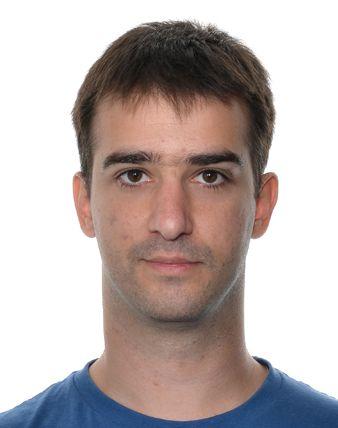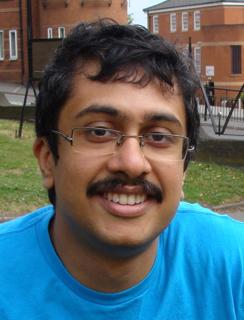3 papers at the 24th ACM Symposium on Operating Systems Principles

© 2013 EPFL
Dependable Systems Laboratory, Distributed Programming Laboratory, and Operating Systems Laboratory each presented a paper at this year's ACM Symposium on Operating Systems Principles, which is the top venue for computer systems research. The papers represented 10% of the conference program.
The biennial ACM Symposium on Operating Systems Principles is the world's premier forum for researchers, developers, programmers, and teachers of computer systems technology. Academic and industrial participants present research and experience papers that cover the full range of theory and practice of computer systems software. This year the conference attracted 600+ attendees.
RaceMob: Crowdsourced Data Race Detection, presents a system developed by Baris Kasikci and Cristian Zamfir, who are both PhD students at the Dependable Systems Laboratory (DSLAB), headed by Prof. George Candea.
RaceMob makes software more dependable by helping developers find nasty concurrency bugs that can lead to data corruption and loss, crash programs, or open security vulnerabilities. It's a crowdsourced data-race detection system that makes detection highly accurate and, by employing a new algorithm, also makes it fast. RaceMob identified over 100 true data races in systems like Apache, SQLite, and Memcached, with only 2% runtime overhead.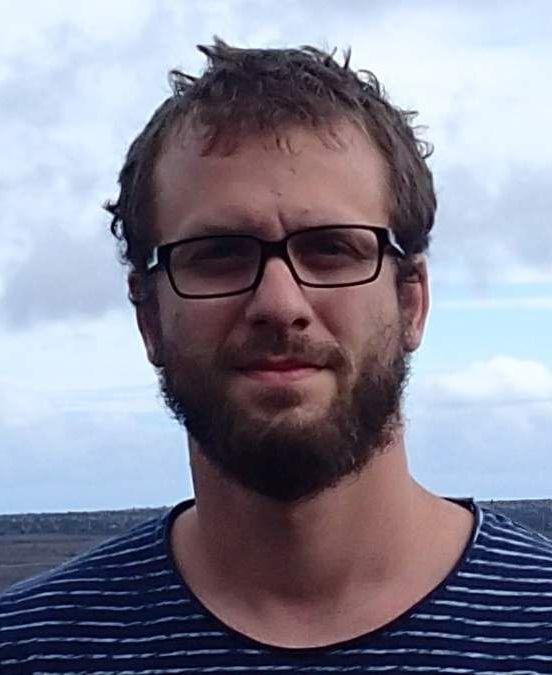


Everything you always wanted to know about synchronization but were afraid to ask, resulted from a collaboration of the Distributed Programming Laboratory (LPD) researchers, Prof. Rachid Guerraoui, and two of his Phd students, Vasileios Trigonakis and David Tudor. Their study led to a set of observations that, roughly speaking, imply that the scalability of synchronization is mainly determined by the hardware, i.e., the role of software is less important. The results of the authors’ experiments and their software can be used to help predict, explain, and optimize the cost of synchronization, as well as possibly improve future hardware design.
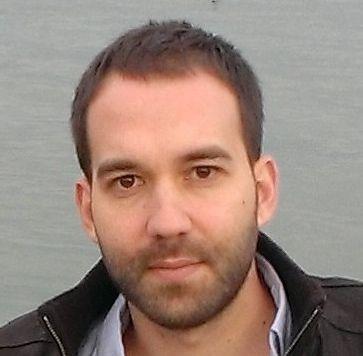

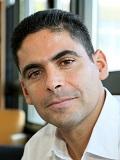
X-Stream: edge-centric graph processing using streaming partitions, authored by Ivo Mihailovic and Amitabha Roy, who work with Prof. Willy Zwaenepoel at the Operating Systems Laboratory (LABOS), focuses on graph processing which is an increasingly important research area due to the plethora of graph structured data becoming available: these range from the Facebook social network, through biological networks such as the human brain to graphs linking users with products in recommendation engines such as that in Netflix.
Due to its novel streaming approach, X-Stream is able to tackle extremely large graphs, close to the size of the entire Facebook social network in 2011, on just a single machine.